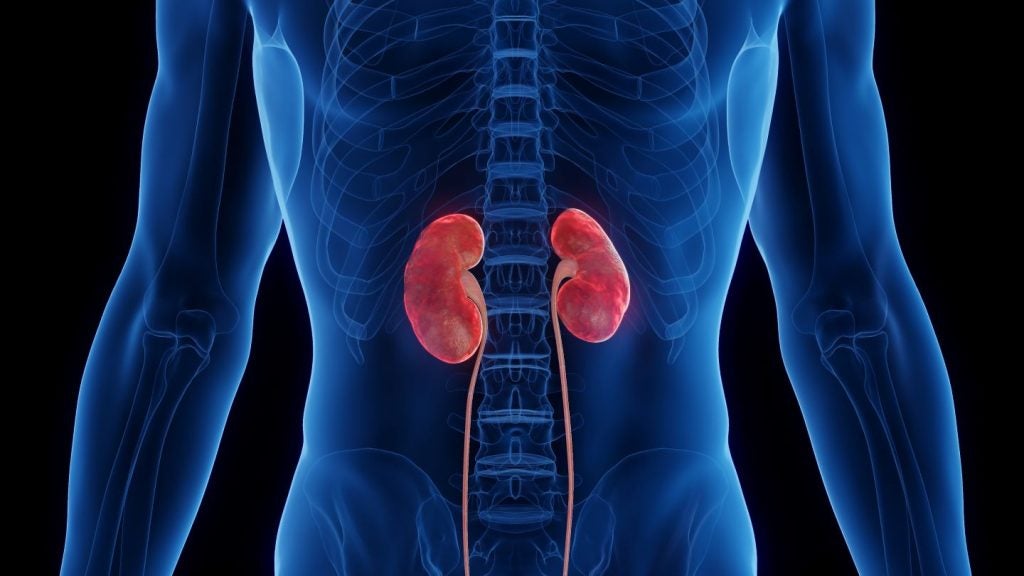
Celgene has released data from a Phase III trial for its drug Otezla (apremilast), a phosphodiesterase 4 (PDE4) inhibitor that is used in the treatment of Behçet’s disease, a rare immune condition resulting in blood vessel and tissue inflammation.
The study, known as RELIEF, enrolled 207 patients at 63 sites across 10 countries. It aimed to determine Otezla’s efficacy in the treatment of oral ulcers, the most common side effect of the disease. Participants were those with recurrent mouth ulcers who had been previously treated with at least one topical or systemic medication.
The drug demonstrated “statistically significant reductions in oral ulcers” compared to placebo after 12 weeks of treatment, as well as “statistically significant” improvements in the trial’s secondary endpoints of oral ulcer pain, overall disease activity and quality of life. Findings were announced at the 2018 American Academy of Dermatology (AAD) Annual Meeting.
“Reducing oral ulcers, which are painful and can negatively impact quality of life, is an important goal in the treatment of people with Behçet’s syndrome,” said associate professor at Istanbul University Cerrahpasa Medical School Dr Gulen Hatemi. “These findings suggest that apremilast, which reduced oral ulcers and oral ulcer pain, and improved disease activity in this pivotal study, has the potential to be a treatment option for patients with active Behçet’s syndrome with oral ulcers, for which few treatment alternatives exist.”
Adverse side effects most commonly seen in the study were diarrhoea, nausea, headache and upper respiratory tract infection, though the trial’s safety profile was consistent with the known safety profile of apremilast.
Celgene has announced plans to submit apremilast for a supplemental New Drug Application for the treatment of Behçet’s Disease with oral ulcers in the US and Japan in the second half of 2018. The company also plans to submit a Type II Variation to the Marketing Authorisation Application in the EU in 2019.
How well do you really know your competitors?
Access the most comprehensive Company Profiles on the market, powered by GlobalData. Save hours of research. Gain competitive edge.

Thank you!
Your download email will arrive shortly
Not ready to buy yet? Download a free sample
We are confident about the unique quality of our Company Profiles. However, we want you to make the most beneficial decision for your business, so we offer a free sample that you can download by submitting the below form
By GlobalData“The positive phase III findings in Behçet’s Disease reflect the unique aspects of the profile of Otezla 30 mg across inflammatory-related diseases,” said Celgene Inflammation and Immunology president Terrie Curran.
“Otezla 30 mg has the potential to provide a clinically meaningful new treatment option for patients and doctors and to become the first product indicated specifically for the treatment of active Behçet’s Disease with oral ulcers.”
The cause of Behçet’s disease – also known as Behçet’s syndrome – is currently unknown, though most experts believe it is an autoinflammatory condition in which the immune system mistakenly attacks blood vessels. As symptoms vary from person to person, confirming a diagnosis of the disease can be difficult. Patients may experience recurrent oral and genital ulcers, skin lesions and rashes, arthritis, eye inflammation, vasculopathy and uveitis. In extreme cases the disease can carry the risk of more serious problems such as strokes or blindness.
There is currently no cure for the disease, though medications are available that control or limit inflammation and irritation in certain areas of the body. These include anti-inflammatory corticosteroids, immunosuppressants, and biological therapies that target the biological processes of inflammation.







